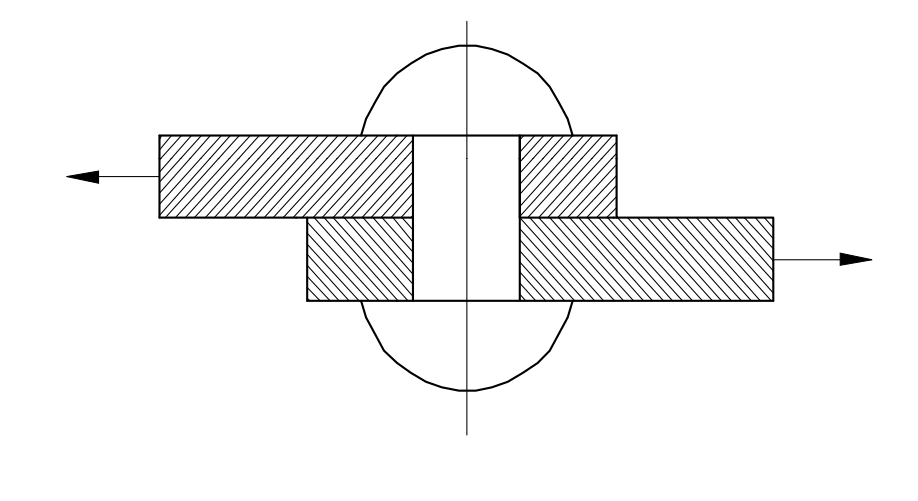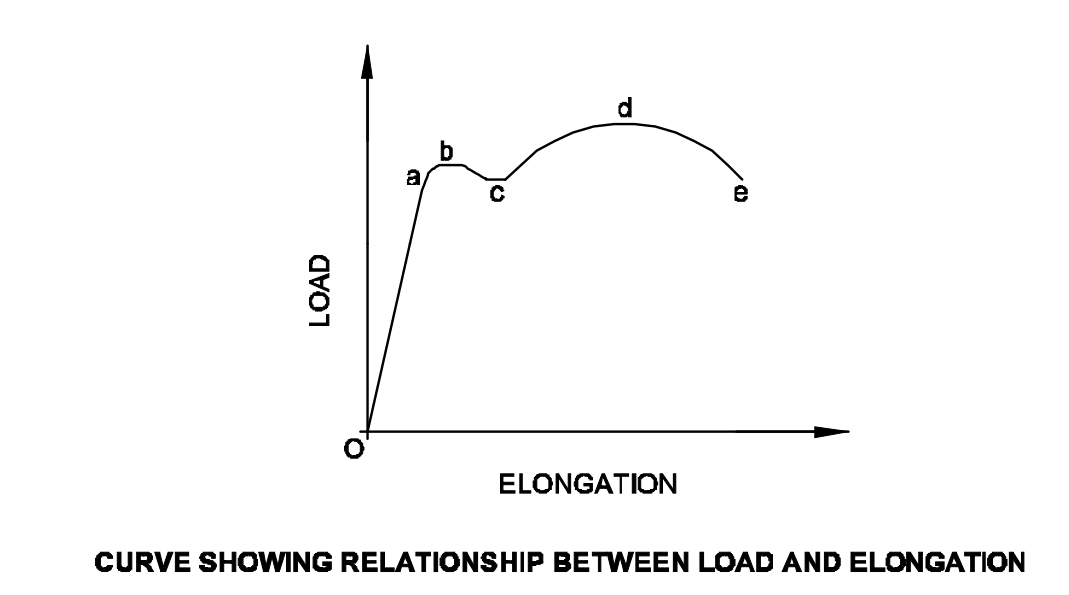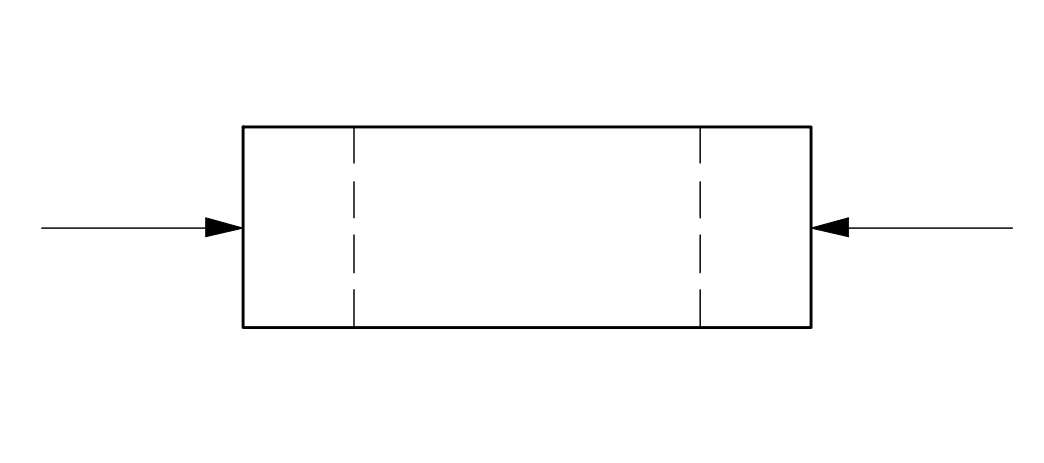Elasticity
Workshop Calculation and Science, Module-4
Elasticity
⭕️ Show all Answers
Q1: Which is elastic material?
- Nylon
- Polystyrenes
- Celluloid
- Polycarbonates
Q2: Which is thermo plastic material?
- Butyl rubber
- Nylon
- Neoprene
- Vinyl polymers
Q3: What is the maximum percentage of stretch of its original length allowable for elastic materials?
- 100%
- 200%
- 300%
- 400%
Q4: What is the ratio between the change in dimension to its original dimension of the substance?
- Stress
- Strain
- Poisson's ratio
- Factor of safety
Q5: What is the unit of strain?
- Kg/cm²
- Newton/metre
- Metre
- No unit
Q6: What is the ratio of change in length to original length?
- Linear strain
- Lateral strain
- Volumetric strain
- Poisson's ratio
Q7: What is the ratio between lateral strain and longitudinal strain?
- Hooke's law
- Young's modulus
- Bulk modulus
- Poisson's ratio
Q8: Which symbol is used to express change in length?
- L
- δl
- e
- –
Q9: Which one is the ratio of stress?
- Load and area
- Load and direction
- Load and diameter
- Load and time
Q10: Which force acts on rivets?
- Tensile force
- Compressive force
- Shear force
- Bending force
Q11: Which type of stress?
- Tensile stress
- Compressive stress
- Shear stress
- Torsional stress
Q12: What is the formula for bulk modulus?
- Tensile stress / Tensile strain
- Compressive stress / Compressive strain
- Volumetric stress / Volumetric strain
- Shear stress / Shear strain
Q13: Which law states that within elastic limit, stress is directly proportional to strain?
- Newton’s law
- Hooke’s law
- Joule’s law
- Charles’ law
Q14: What is the name of the point 'C'?
- Yield point
- Elastic limit
- Ultimate load
- Fracture
Q15: What is the term used for maximum stress attained by a material before rupture?
- Tensile stress
- Compressive stress
- Working stress
- Ultimate stress
Q16: What is the ratio between ultimate stress to working stress?
- Bulk modulus
- Young's modulus
- Factor of safety
- Modulus of rigidity
Q17: What is the ratio of ultimate load to area of original cross section?
- Factor of safety
- Yield point
- Ultimate stress
- Young's modulus
Q18: What does the point 'b' denote in the stress-strain graph?
- Elastic limit
- Yield point
- Limit of proportionality
- Ultimate load
Q19: What is the ratio of shear stress to shear strain?
- Modulus of elasticity
- Modulus of rigidity
- Bulk modulus
- Yield point
Q20: What is the ratio between stress and strain?
- Yield point
- Factor of safety
- Young’s modulus
- Poisson's ratio
Q21: Which force acts on crank shaft?
- Shear stress
- Torsional stress
- Tensile stress
- Compressive stress
Q22: Which is thermosetting plastic?
- Vinyl polymers
- Polystyrenes
- Celluloid
- Melamine resins
Q23: What force will be required to punch a hole of 10mm dia in a 1 mm thick plate, if the allowable shear stress is 50N/mm²? (π = 22/7)
- 1757 N
- 1575 N
- 1571.4 N
- 1577 N
Q24: What is the tensile stress if a square rod of 10mm side is tested for a tensile load of 1000 kg?
- 1 kg/mm²
- 10 kg/mm²
- 100 kg/mm²
- 1000 kg/mm²
Q25: What is the tensile strain if a force of 3.2 kN is applied to a bar of original length 2800 mm extends the bar by 0.5 mm?
- 0.0001786
- 0.0001687
- 0.0001867
- 0.0001968
Q26: How much strain is developed in an iron rod of 1 metre length gets elongated by 1 cm, if a force of 100 kg is applied at one end?
- 0.1
- 0.01
- 0.001
- 0.0001
Q27: What is the Young’s modulus if a wire of 2m long, 0.8 mm² in cross section increases its length by 1.6 mm on suspension of 8 kg weight from it?
- 1.25 kg/mm²
- 12.5 kg/mm²
- 125 kg/mm²
- 12500 kg/mm²
Q28: What is the safe stress if the ultimate stress of a material is 35 kg/mm² and factor of safety is 5?
- 0.143
- 0.7
- 1.43
- 7
Q29: Which type of stress?
- Tensile stress
- Compressive stress
- Shear stress
- Torsional stress
Found a mistake or mismatch in the question or answer? Let us know via email.
This post is licensed under CC BY 4.0 by the author.



